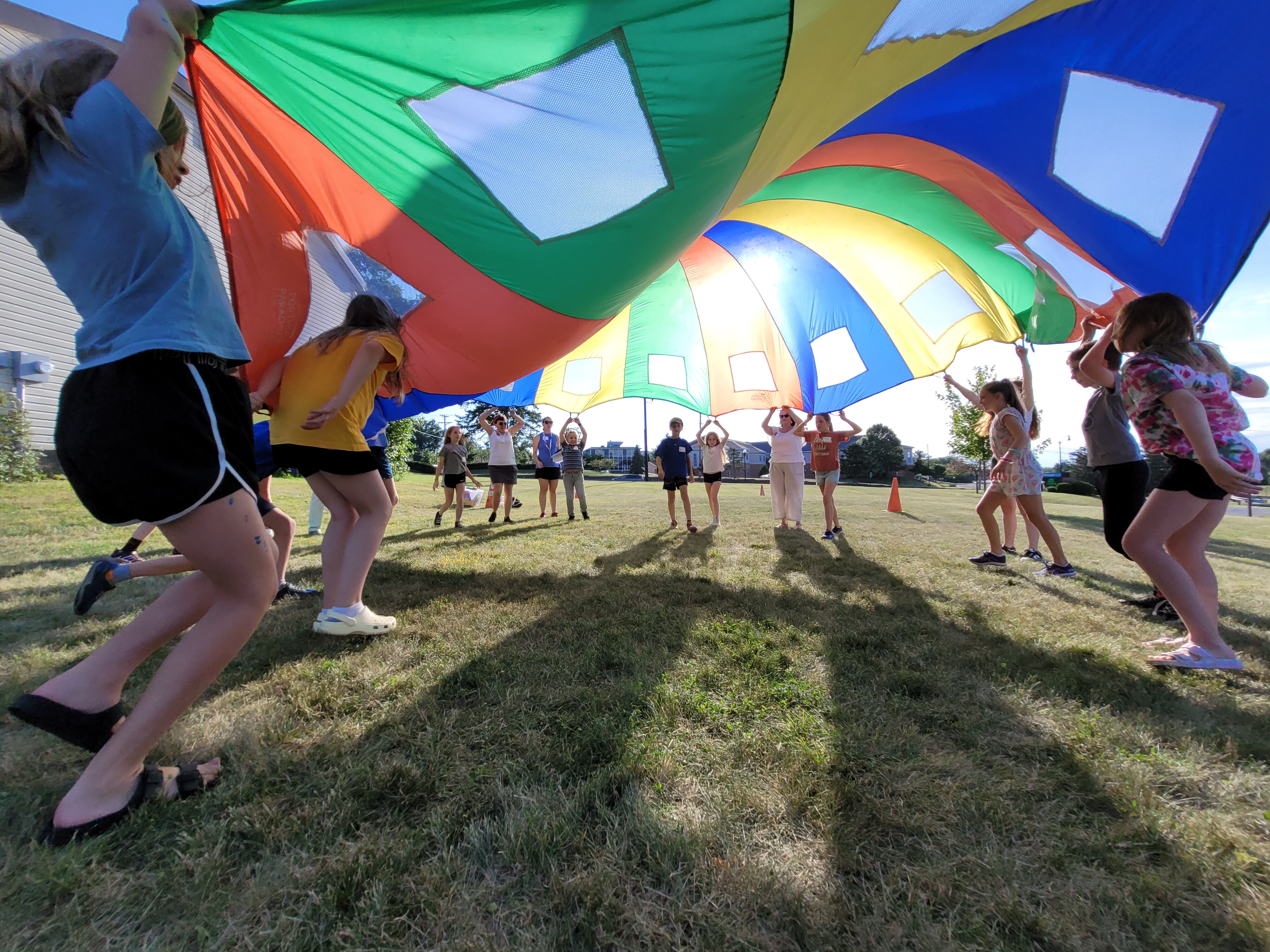In the Presence of My Enemies

Psalm 23
Psalm 23 is a beloved psalm, one of the most famous parts of the entire Bible. It is recited at funerals and in personal prayer. It is the inspiration of art and song. It is one of the places we look to when we think of Jesus, who in the Gospel of John calls himself the Good Shepherd.
Psalm 23 is classified as a psalm of trust. Psalms of trust express faith and confidence in God in the midst of great difficulty and threats. Psalm 23 makes direct reference to these dangers in the center of the psalm: “You spread a table before me in the presence of my enemies.”
The Oxford Dictionary defines the word enemy as “a person who is actively opposed or hostile to someone or something.” It seems to me that enemies fall into two broad categories: those who are enemies to your face; and those who pretend to be a friend but are actually out to get you.
Psalm 23 has both types of enemies. The first appears in the line, “Even though I walk through the darkest valley, I fear no evil; Your rod and staff, they comfort me.” Evil here refers to the obvious dangers inherent to pasturing sheep, which we see in the methods of protection offered by the shepherd: the Rod protects sheep from predators; the Staff pulls the sheep back from danger. Here the psalm refers to outward enemies that pose an existential threat.
But in the line, “You spread a table before me in the presence of my enemies,” the psalm refers to the one who is at the table with you - a friend. The Hebrew word for enemy here is Tsar, which means, the one who causes you distress, your adversary. This is not a faceless enemy, it is someone you know who can cause you great harm.
My friend Lynn’s daughter married a man who did not want to be a part of the family; at least, that was Lynn’s take on the situation. He came from a small family and had lost both parents at an early age. Being with Lynn’s large and boisterous family was clearly difficult for him. But Lynn kept on inviting her daughter and son-in-law to family occasions, especially after grandchildren came into the picture.
Unsurprisingly, the more Lynn invited, the more her invitations were rebuffed. Lynn struggled to accept the relationship on her daughter’s terms, and despite her best efforts, began to see her son-in-law as an enemy who took her daughter and grandchildren away. What started out as a difference in expectations became an existential threat to Lynn. She felt she was losing the thing she wanted most: her chance to be a grandma.
Lynn, however, was a woman of prayer, and she often prayed Psalm 23. During the really hard times with her daughter, this line stuck out: “You spread a table before me in the presence of my enemies.” At first, Lynn thought of this passage as a kind of triumph over the enemy – thumbing your nose at them, saying, “haha, God is preparing a banquet for me, you can’t get me.” Gradually Lynn’s understanding grew, and she began to see this line as being about the persistence of the enemy that even in the face of an ongoing threat, God provides abundantly. But when discussing this insight with her pastor, Lynn was brought up short. “This enemy is at the table with you,” he said. “This psalm is talking about God’s mercy. At God’s table, all are fed. At God’s table, enemies become friends.”
“You spread a table before me in the presence of my enemies.” It took years, but finally Lynn did find a feast in the presence of her enemy, the one who had caused her such distress. Because in the end it wasn’t about Lynn and her son-in-law or about Lynn and her daughter. It was about Lynn and God, God’s protection, God’s guidance, God’s purposes for Lynn in any and all circumstances.
It turns out that God had more in store for Lynn than being a grandmother. The fact that Lynn wasn’t watching her grandchildren regularly meant that she had time to be there for others. In fact, in her grandmotherly years, Lynn became godmother for two young families at the church. Lynn welcomed these children and their families into her home; pulled out the toys she had saved; hid the Easter eggs for the hunt; made the special pancakes and picked out their favorite ice cream flavor. And when Lynn’s grandchildren came over, she did those things for them, too. When Lynn stopped resisting God’s intentions for her, stopped insisting on her way, then she could see the abundance of God’s provision. Years later Lynn could say, “I see now that everything is for my good,” which is another way of saying another line from Psalm 23, “My cup runneth over.”
Psalm 23 concludes, “Surely goodness and mercy shall follow me all the days of my life.” The Hebrew word for follow is actually better translated as “pursue.” It is the word used to describe enemies who pursue the righteous, including David, to whom this psalm is attributed. “Goodness and mercy shall pursue me all the days of my life.” Instead of an adversary pursuing you, God’s care, abundance, loving kindness pursue you each and every day. Even enemies become blessings at this feast of love. Jesus said in his famous sermon on the plain, “love your enemies, do good, and lend, expecting nothing in return. Your reward will be great, and you will be children of the Most High, for he himself is kind to the ungrateful and the wicked. Be merciful, just as your Father is merciful.” (Luke 6:27-36)
In the end, we are all called by this psalm and by Jesus to reconsider our relationship to our enemies, whether personal or societal, whether real or perceived. With the shepherd, there is no need to fear the outward enemies that lurk in dark valleys. With the shepherd, we want for nothing. With the shepherd, our ultimate safety is never in question. We have all we need. We are armed with the love and mercy of this Good Shepherd and therefore are empowered to share that same love and mercy in daring and courageous ways so that by the love of Jesus, enemies are transformed into friends.




Login To Leave Comment